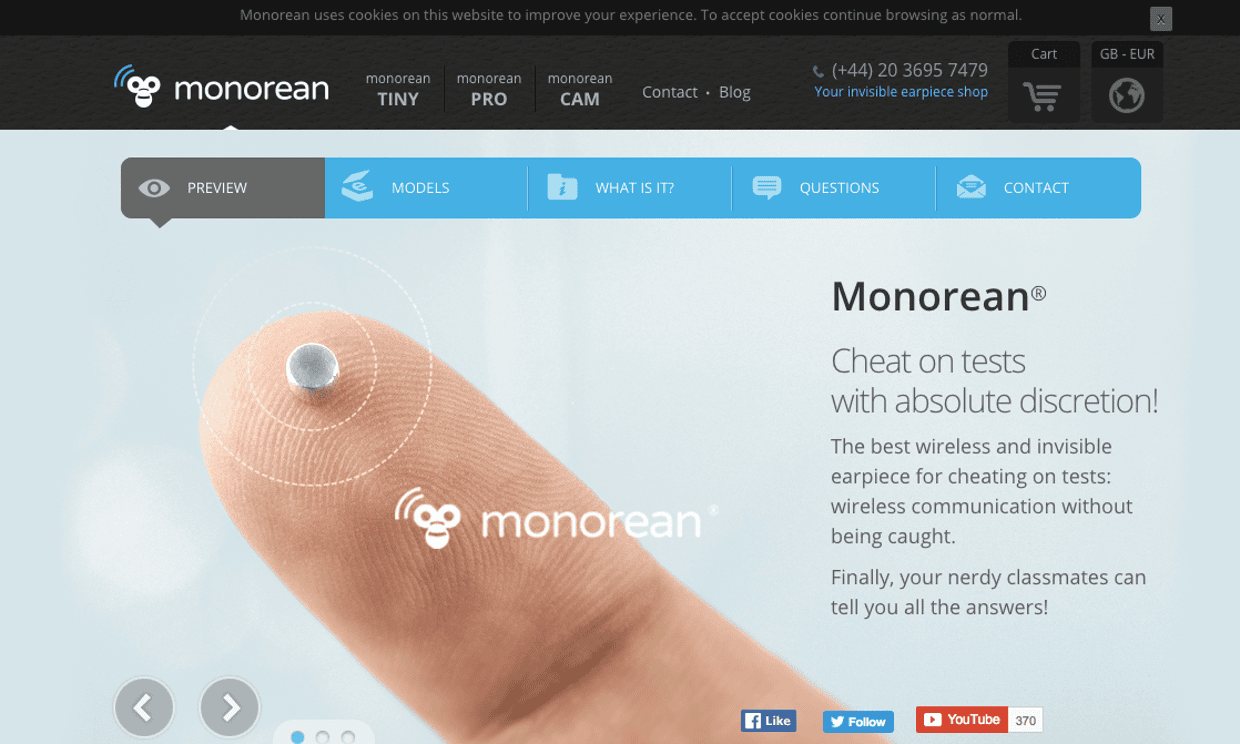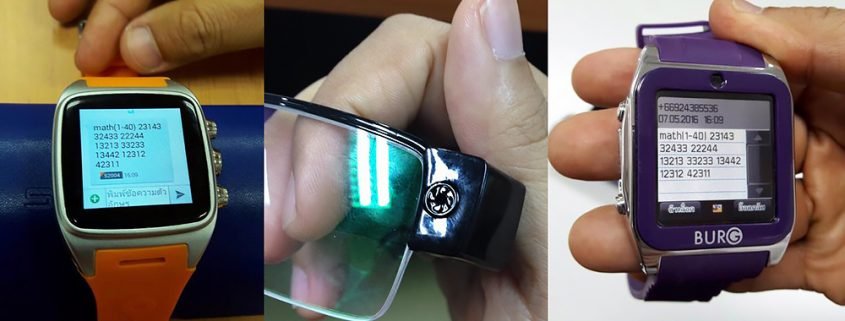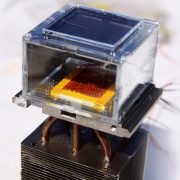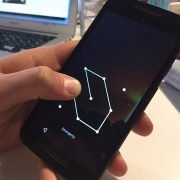More university students are using tech to cheat in exams
A growing number of UK university students are cheating in exams with the help of technological devices such as mobile phones, smart watches and hidden earpieces.
Data obtained by the Guardian through freedom of information requests found a 42% rise in cheating cases involving technology over the last four years – from 148 in 2012 to 210 in 2016. Last year, a quarter of all students caught cheating used electronic devices.
Among the worst offenders were students at Queen Mary University of London, where there were 54 instances of cheating – two-thirds of which involved technology. At the University of Surrey, 19 students were caught in 2016, 12 of them with devices. Newcastle University, one the bigger institutions to provide data, reported 91 cases of cheating – 43% of which involved technology.
Experts say the true figure is likely to be much higher because the high level of sophistication in gadgets students can get their hands on – such as mini cameras and micro earbuds – means not all cheats will be caught.
Of the 154 universities in the UK, 41 provided comparable information. But many said they could not specify what devices were being used. Where more detail was provided, most cases involved mobile phones.
At least 17 students were caught cheating with smart watches over the period examined, and cases of students using hidden earpieces or miniature cameras were reported at multiple universities. Some universities reported no cases of cheating over the four years, which one expert said was “highly unlikely”.
Thomas Lancaster, an associate dean at Staffordshire University and one of the UK’s leading experts on cheating, said: “These figures are only going to show what’s been detected and students who cheat well won’t always get caught, especially now there’s so much mini-tech out there which is hard to spot.”
Irene Glendinning, academic manager for student experience at Coventry University, agreed that some modern devices being used for cheating can be almost impossible to detect. “I was aware of a case of a student using a hidden earpiece and the only way [they were] found was when other students reported it. The student had long hair and there was no way we would have known,” she said.
The Guardian found multiple websites that openly targeted students with devices that could be used for cheating. One eBay seller of a wireless micro earpiece said it could be used for private investigators, law enforcement officers and students. It cost $13.99 (£11).
Another company, Monorean, advertises itself as a online store to buy invisible earpieces for cheating in exams. The person behind the company, who asked to be named only as Guillermo, said: “If you navigate our site you’ll see that our target audience is mainly – if not entirely – students. Most of them are sick and tired of the educational system, they want to learn and are vivid people but they see no point in vomiting the subject up during the exam.”

Monorean’s website. Photograph: PR
He said people in the UK, alongside Germany and Spain, were among their top customers, adding: “We sell easily more than 200 units a year to the UK, which is relatively high since it’s a niche product.”
The Guardian heard from several students and invigilators about how technology was being used. One invigilator, who asked to remain anonymous, said: “Hi-tech devices have allowed more opportunities to cheat. For example, I have removed smart watches etc from students … Students now have grown up with that tech. They are comfortable with it and thus it makes sense if they are going to cheat, this is possibly the easiest way.”
Rules on cheating vary from university to university. A common one is that mobile phones must be turned off and placed out of reach. Some universities also have specific rules about smart watches. Harper Adams University in Shropshire, for example, said invigilators are told to look out for them.
However, one professor, who asked to be anonymous, cast doubts over how much they could check students were complying, saying: “At a university where I worked, students were not allowed to have mobile phones on their person during exams. There were strict rules around this, but we couldn’t bodily search them. But periodically, students would take toilet breaks and disappear for some time into a cubicle. When they got back to their seat, they would have a second wind and write frantically. I was always concerned that they were using their toilet visit to look up answers on a hidden device and message their contacts outside.”
Glendinning saidone possible solution to prevent cheating could be to write better exams. “If you are going to set exams where it’s just about repeating what you’ve been told then, fair enough, there are ways of cheating.” Freedom of information responses showed cheating was more common in maths and science-based subjects, such as economics.
The Quality Assurance Agency for Higher Education said: “Clearly there’s potential for wearable tech to allow dishonest students to cheat. We are looking into this and will raise this with the group of experts that is helping to steer our contract cheating work.”
Lancaster called for universities to review their academic misconduct policies and check they are kept up to date. He added: “Students should be aware that cheaters do get caught and the penalties are severe. In some cases, these include expulsion. Leaving university without a degree and owing substantial amounts in fees just isn’t worth the risk.”







Leave a Reply
Want to join the discussion?Feel free to contribute!